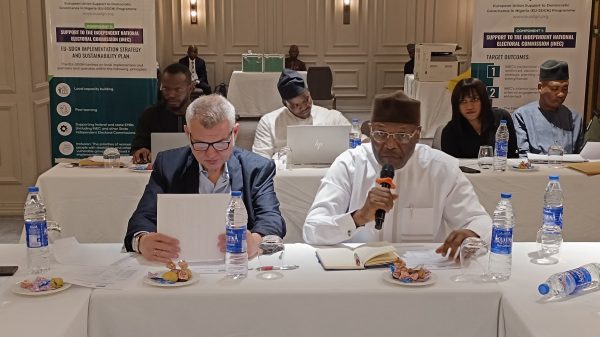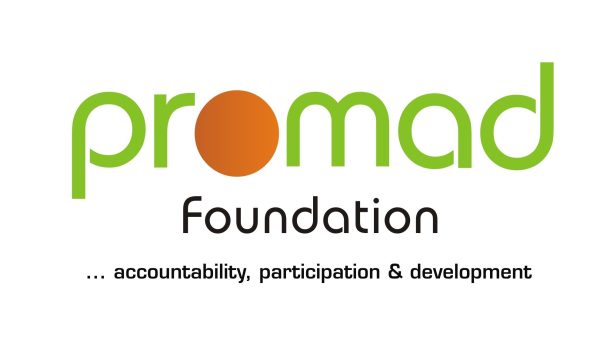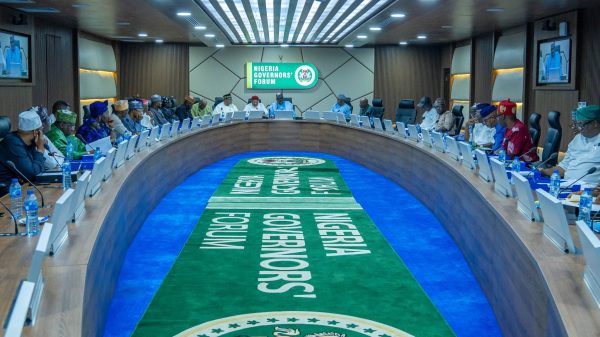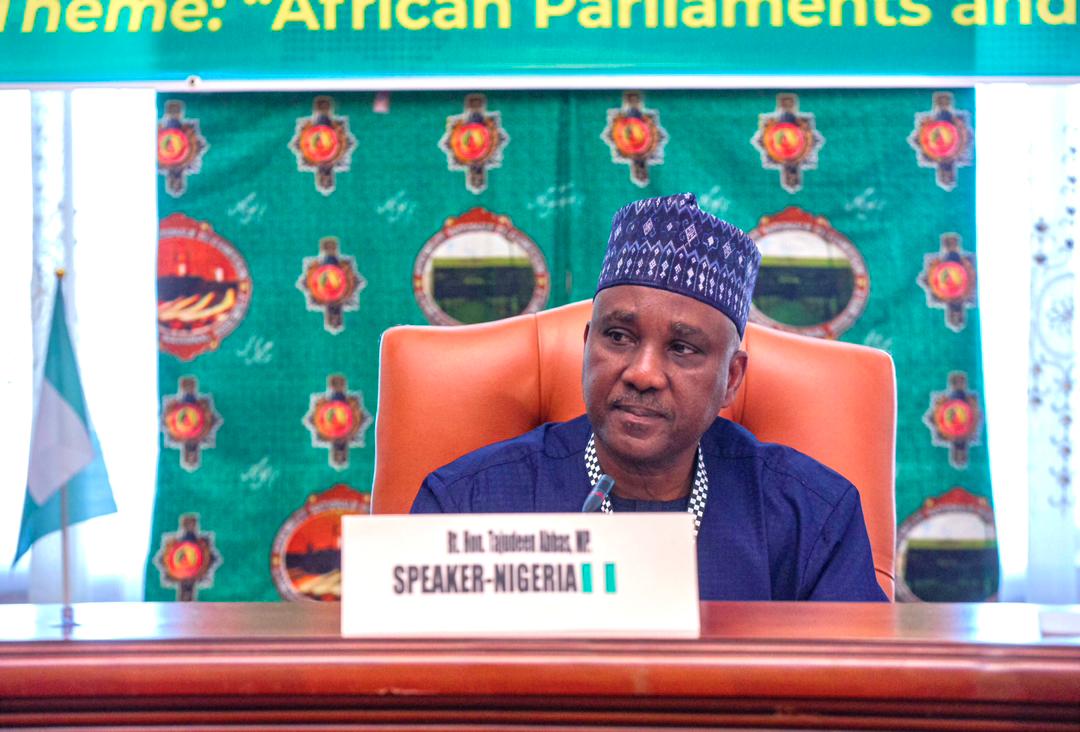Abuja, Nigeria
The speaker of the House of Representatives, Tajudeen Abbas, has listed the women’s reserved bill as part of the priorities for the National Assembly by December 2025.
Abbas said the priority is part of the commitments to completing the constitution amendment process before the end of the year.
The speaker said this during a joint session of the 10th National Assembly on June 12, 2025, marking the celebration of democracy day and hosting the president at the parliament.
Abbas said, “While we celebrate our successes, we remain acutely aware that it is not yet Uhuru.”
“As we enter the second half of our term, our determination is unequivocal: to expedite and finalise the constitutional amendment process by December 2025,” he said.
“Some of our priorities include special reserved seats for women, formal constitutional roles for traditional rulers and legal backing for a 35% affirmative action gender policy.”
“We appeal to the chairman of the Nigeria Governors’ Forum and the Progressive Governors’ Forum to advocate for these essential reforms at the state level.”
The proposed amendments aim to address the gender imbalance in Nigeria’s political representation.
The Reserved Seats for Women bill, currently under review, seeks to allocate one additional seat per state for women in both chambers of the National Assembly, along with three special seats per state in the state Houses of Assembly.
Backed by several lawmakers and advocacy groups, the bill is expected to take effect after the current assembly’s term, pending approval.
Senate President Godswill Akpabio has publicly endorsed the legislation, reaffirming the National Assembly’s commitment to inclusive governance and reforms that reflect the aspirations of all Nigerians.
Nigeria currently has one of the lowest rates of female representation in Africa, with women holding less than 5% of seats in the national legislature.
Since its inauguration in June 2023, the 10th National Assembly has considered 2,263 bills under its eight-point legislative agenda, with 65.3% advancing to Second Reading and 186 passed into law.

























































